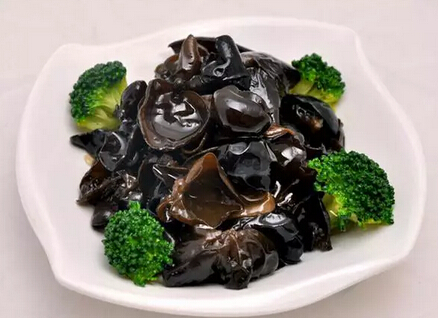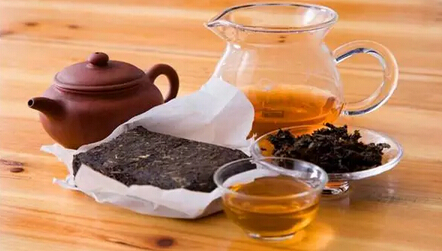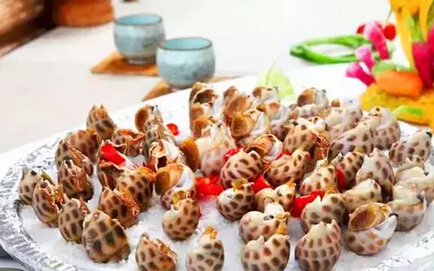Nowadays, many people enjoy drinking tea. Scientific evidence confirms that long-term tea consumption indeed has health-preserving and wellness benefits, with different types of tea offering distinct effects. However, there are禁忌 to drinking tea, and improper consumption can cause harm. So, which foods should not be consumed with tea?

Tea with Black Fungus May Cause Anemia
Delicious black fungus is sweet in taste and neutral in nature, rich in nutrients, and has multiple medicinal effects such as invigorating qi and promoting blood circulation. It contains abundant iron, making it particularly effective in treating anemia.
However, tea and black fungus must never be consumed together because tea contains tannic acid, which reduces the body's absorption of iron. Prolonged consumption in this manner can lead to severe iron deficiency, triggering or worsening anemia.

Tea with Alcohol Increases Heart Load
Never drink tea while consuming alcohol or immediately afterward. Alcohol contains large amounts of ethanol, and strong tea has a stimulating effect on the heart. Since alcohol already heavily stimulates the cardiovascular system, combining it with tea's cardiac stimulation places a dual burden on the heart, which is very unhealthy.
Therefore, tea and alcohol must be consumed separately. Many people prefer strong tea after drinking, believing it aids digestion and sobers them up. However, post-alcohol tea harms the kidneys. The theophylline in tea has a diuretic effect, and if consumed before the alcohol-derived acetaldehyde is fully metabolized, the diuretic action will direct acetaldehyde to the kidneys. Acetaldehyde is highly irritating to the kidneys, potentially causing long-term damage, such as kidney coldness and frequent turbid urination.

Tea with Lamb or Dog Meat May Cause Constipation
Lamb is rich in protein. If tea is consumed simultaneously, the tannic acid in tea binds with the protein, creating an astringent effect on the intestines. This weakens intestinal motility and reduces moisture in stools, leading to constipation. Generally, tea should be consumed 2–3 hours after eating lamb. Dog meat is also high in protein, so the same principle applies.

Tea with Medications Reduces Drug Efficacy
Tannic acid in tea can react with certain medications (e.g., ferrous sulfate tablets, ferric ammonium citrate, berberine) to form precipitates, reducing drug absorption. If tea is taken with sedatives, the caffeine and theophylline in tea counteract or weaken the sedative effect. Therefore, it’s best to take all medications with warm water.

Tea with Seafood May Cause Abdominal Pain and Vomiting
Many believe tea helps counteract greasiness, so they drink it while eating seafood. However, seafood like fish, shrimp, and crab are rich in protein and other nutrients.
Tea contains high levels of tannic acid, which not only hinders protein absorption but also binds with calcium in seafood to form insoluble compounds. This irritates the gastrointestinal tract, potentially causing腹痛, nausea, or vomiting. A 2-hour间隔 is recommended before or after consuming seafood.